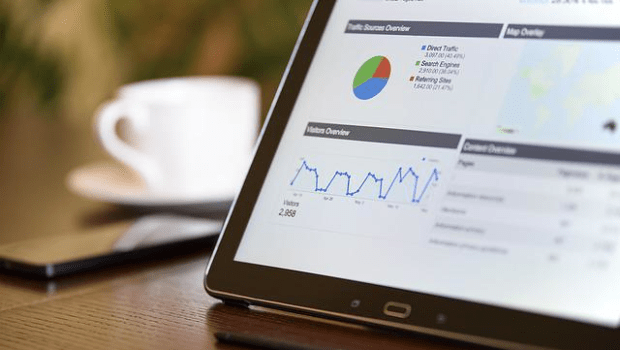-

-
Published on
09/05/2025
by Any Business.Com.Au
How Labor's Landslide Election Win Will Affect Small Businesses
The recent victory by the Labor Party in the Australian Federal Election has sparked curiosity among small business owners, entrepreneurs, and advisors.
With promises centered on economic resilience and support for local enterprises, Labor's policies are set to shape the business landscape significantly. But what does this really mean for small businesses?
To help you make sense of it all, we've broken down the most notable impacts and positives for Australia's small business community.
Wage Growth for Employees
One of Labor's key priorities is increasing wages for Australian workers. While business owners might initially worry about rising payroll costs, there's an upside to higher wages.
Boosted employee earnings mean more Australians with disposable income to spend. For consumer-focused businesses, that could translate into stronger demand and sales.
A higher wage floor can also help create happier, more productive staff and improve retention, reducing costs linked to recruitment and training.
Support for Digital Transformation
Labor has pledged considerable investment in digital upskilling and technology development, recognising the importance of digital transformation for businesses of all sizes.
For small businesses struggling to compete with larger corporations in the digital economy, this is good news.
Expect future funding opportunities, grants, and initiatives aimed at helping small enterprises adopt digital tools, streamline operations, and raise their online presence.
Affordable Energy for Small Business
Lowering energy costs and prioritising clean energy is another highlight of Labor's agenda. By transitioning to more sustainable energy solutions and reducing reliance on fossil fuels, they aim to make energy more affordable for businesses over time.
This focus on renewable energy could significantly reduce the overhead costs for energy-intensive businesses, such as those in manufacturing or hospitality, while also enabling companies to meet environmental goals sought by customers and stakeholders.
Training and Workforce Development
Labor's investment into skills training and education is one of their foundational promises. Initiatives such as fee-free TAFE for priority areas and additional university funding are intended to address Australia's existing skills shortages.
For small businesses, this shift should make it easier to hire skilled staff without the frustrations of ongoing talent gaps in critical industries like health, construction, tech, and hospitality.
Additionally, workforce upskilling initiatives could also offer funding or support for you to enhance employee skills within your current team, saving you time and money on recruitment.
Enhanced Access to Business Support
Labor has outlined plans to supercharge the small business sector with streamlined access to government resources, mentorship, and funding programs.
Combined with the potential to increase communication between government and small business owners, this could make navigating challenges less of an overwhelming experience.
Look out for policies expanding government contracts to smaller suppliers and more opportunities for small businesses to take part in government procurement programs.
Climate Action and Sustainability Grants
For businesses keen to reduce their carbon footprint, Labor's focus on sustainability could present new funding opportunities.
With plans to reduce national emissions by 43% by 2030, this push will likely come with renewable energy grants, subsidies for eco-friendly upgrades, and incentives for green innovation.
Sustainability can also boost small business competitiveness, as consumers place increasing importance on eco-conscious brands.
Related articles



